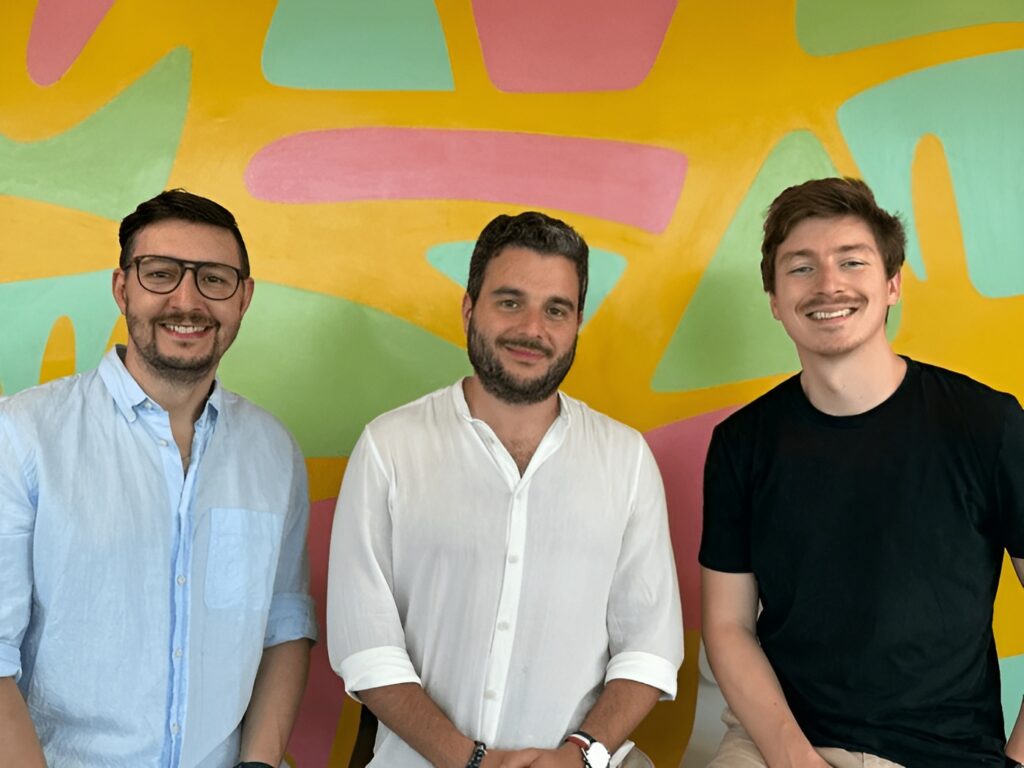Image credits: JOBO Interim
Ivory Coast-based JOBO Interim has announced a successful $2 million funding round aimed at redefining recruitment across West Africa. The investment will boost the digital staffing platform’s mission to formalize employment and improve access to job opportunities in the region. Notable investors like Evolem, 50 Partners, Laurent Delaporte (former Managing Director of Qapa), Plug and Play Tech Center, Rock Fakhry, and Bpifrance all participated in the funding round.
Since it was founded in 2022, JOBO Interim has introduced several innovative solutions to the recruitment process:
- Rapid Candidate Selection: Employers receive pre-screened candidates within 24 hours.
- AI-Driven Matching: The platform’s algorithms geolocate and match workers with suitable roles based on their skills and preferences.
- Enhanced Worker Support: The platform automates administrative processes, offers paperless team management, and plans to introduce additional services like mutual insurance and skills testing.
These innovations have already yielded measurable results. For one, it has brought an expansion in social coverage as 84% of workers using the platform have access to medical and social insurance for the first time. Also, average travel times for workers have decreased from four hours to less than one. Again, workers placed through JOBO Interim often secure long-term positions, contributing to economic stability.
The labor market in West Africa grapples with significant challenges, including high informality, limited job visibility, and restricted access to social benefits. Over 200 million blue-collar workers in the region are often employed in sub-par conditions, with little or no access to medical or social insurance. Employers, on the other hand, contend with inefficient recruitment processes, geographic barriers, and outdated methods such as handwritten resumes.
JOBO Interim seeks to address these issues with its fully digital platform, utilizing technology to connect workers with employer’s while streamlining administrative tasks. The platform is equipped with key features like AI-driven matching, geolocation tools, and standardized skills assessments to ensure efficient and equitable job placement.
In just one year, JOBO Interim has qualified 30,000 workers, with an additional 60,000 in the pipeline. Partnerships with major clients such as Vinci and Yves Rocher highlight the platform’s growing influence. Despite focusing primarily on Ivory Coast, which accounts for only a small fraction of its addressable market, JOBO Interim has already made significant progress in a labor market estimated to exceed $200 billion.
“Our mission is to address inefficiencies in recruitment while unlocking opportunities for the informal workforce. We are committed to creating a more efficient and equitable labor market across West Africa.” said Guillaume Dacier, Co-Founder and CEO of JOBO Interim.
JOBO Interim’s founding team combines deep expertise in entrepreneurship, recruitment, and technology:
- Guillaume Dacier, Co-Founder & CEO: A seasoned entrepreneur with extensive experience in Africa’s labor market.
- Quentin Aubry, Co-Founder & COO: A professional with a background in M&A and entrepreneurial ventures.
- Xavier Barry, CPTO: Former Deputy Head of Product Line at Agicap, a prominent French fintech startup.
Their combined knowledge and strategic vision position JOBO Interim to scale effectively and drive meaningful change in the recruitment sector.
Beyond its immediate impact, JOBO Interim’s model seeks to bridge the gap between informal and formal employment. By providing workers with access to social benefits and sustainable job opportunities, the platform is contributing to long-term economic growth and social inclusion in West Africa.

